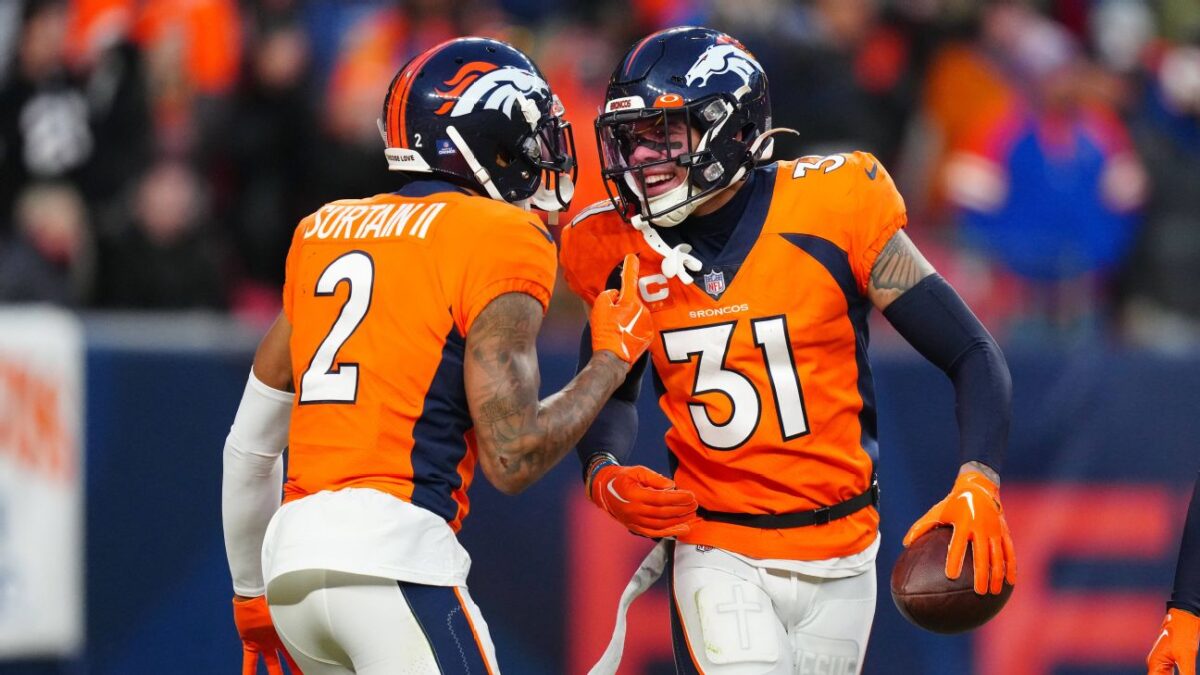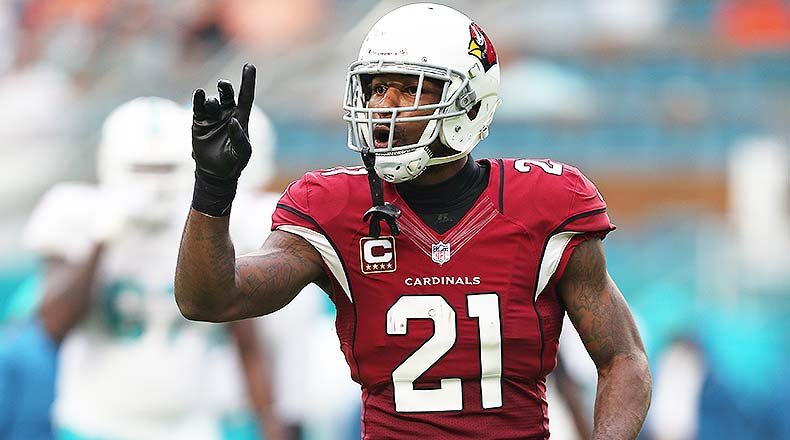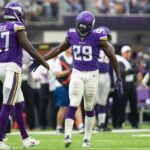If there is one area where young defensive backs struggle, it’s in the area of communication. Unfortunately, communication is a big part of success in defensive back play. Sure it’s great to have speed, strength and technique but those are just individual attributes. To have complete success, every member of the secondary should be on the same page. The best way to do that is through communication. So in this article, I will give you three great ways to improve your communication when you are playing defensive back.
1 – Study Your Playbook
When I say study the playbook, I mean not only knowing what your job is on the field, but know the job of everyone else around you. It is fully expected that you would know what you need to do. Failing to be able to do that means you can’t even get on the field at all. However, we’re not just striving to get on the field, we are striving to excel when we are on the field. So part one of being an effective communicator when you’re on the field is knowing your job plus everyone else’s job. Doing this gives you the confidence to shout out instructions, give coverage calls or make checks when you are in the game or in a practice situation. If all you know is your job, then you will be unsure about telling others what they need to do when the situation calls for it. After grasping an understanding of what your job is in each coverage, make it a point to know what everyone else is supposed to be doing in every defense in the playbook. Is it a time consuming task? Yes, it is but greatness is not for everyone. It will come to those who work for it.
2- Study offense
Now that you fully understand your defense from all 11 men’s perspective, it is time to have a solid understanding of what the offense is trying to do. When you develop a strong understanding of what teams are doing, you now have more confidence to communicate, when the offense lines up or starts shifting men before the snap. If you do not understand what is happening, you will be hesitant to communicate instructions to your teammates. This is similar to your teacher asking a question to the class. If you are unsure of the answer, you certainly won’t raise your hand to be called upon. If you are out on the field and things are happening with the offense and you are unsure about what you are seeing, you will be hesitant to call out answers to your teammates. Communication is largely confidence. Confidence comes when you have an understanding of what is happening. Spend a good amount of time, studying offenses and what they do. It would be in your best interest to understand the philosophy of an offense. By this I mean, what is the root of what it is they are trying to do. Once you understand this, you will be ready for any of the minor tweaks and curveballs the offense tries to throw your way. This could come in the form of a different formation or lining a certain player up in a different location. If you understand the philosophy of the offense, these things won’t throw you off too much and you’ll still be able to communicate to your teammates.
3- Talk with teammates beforehand
The final way that you can become a better communicator on the football field is by discussing things with your teammates before they happen. Great defensive backfields tend to do things like watch film together. Even if that is not entirely possible, make it a point to get your fellow defensive backs together and discuss the things that you guys saw individually on film. Basically, this is like having study groups for your classes. Get together and compare notes. Make an effort to be on the same page. When you go into your games and practices feeling like you are all on the same page, it becomes easier to communicate with each other out on the field. Essentially, you are now all speaking the same language. If you were in a foreign country and the people were speaking a language that you did not understand, you would be hesitant to speak out of fear of saying something wrong. When you are in your home country and you understand the language , you are less hesitant to speak because you know that your words would be understood. Get together with your teammates before games and discuss what is that you are expecting. This makes talking to one another while you’re out on the field during competition so much easier.
At the end of the day, the better, the communication by the secondary the more plays they tend to make. This has withstood the test of time. Football is the ultimate team sport and when the defensive backs are all working together, there are few weaknesses that an offense can exploit. This means every time the offense puts the ball up, there is a good chance that somebody in the secondary will make a play on it.
Chad Wilson is the owner of All Eyes DB Camp and author of "101 DB Tips". He played college football at the University of Miami and briefly in the NFL for the Seattle Seahawks. Over his 15 year high school football coaching career, he tutored over a dozen Division I defensive backs and as a trainer has worked with NFL All Pros, first round draft picks, college football All Americans and Top 10 ranked high school football prospects.









